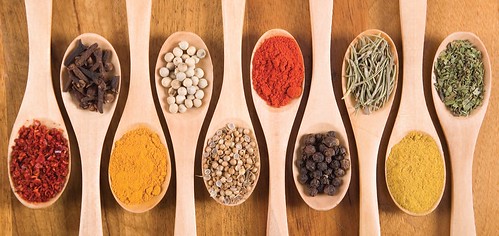
The organic community needs more farmers, ranchers and handlers to produce everything from organic vegetables to organic grains to organic meats. Consumer demand for organic products continues to grow, with retail sales hitting over $39 billion in the United States in 2014 and over $75 billion worldwide.
USDA’s National Organic Program, part of USDA’s Agricultural Marketing Service (AMS), has overseen the organic sector since 2002. Since that time, the number of certified organic operations in the U.S. has increased to more than 21,700 — nearly a 300 percent increase.
The USDA organic seal sets the standards for organic production and handling in the United States, clearly defining what it means to be organic from farm to packaged product. USDA has strengthened programs that support organic operations, helping to make organic certification more accessible, attainable, and affordable.
Today, AMS announced approximately $11.6 million in organic certification assistance is available to U.S. organic operations. Funds from the cost share programs are now available through state departments of agriculture to help more organic operations succeed and take advantage of economic opportunities in this growing market.
Organic certification allows a farm or processing facility to sell, label, and represent their products as organic. Certification is handled by USDA-accredited agents. These agents are responsible for ensuring that the USDA organic products meet or exceed all organic standards.
From small farms to larger companies, organic operations must budget for the organic certification process, inspection, licensing, and proper bookkeeping. The organic cost share programs make organic certification more affordable for producers and handlers across the country. These programs put organic certification across the supply chain within reach for farms and businesses of all sizes.
AMS administers Organic Cost Share Programs through grants to participating states. In 2015, USDA made more than $11 million available to assist organic operations with their certification costs, helping the organic community thrive and grow. Cost share programs cover a wide range of certification-related expenses, and cover 75 percent of the cost of each certification, up to a maximum of $750 annually.
Here’s how it works:
- If you’re not yet certified, and get certified.
- If you are already a certified operation, contact your state agency;
- Submit your information – a short application and tax form, proof of certification, and itemized expenses; and
- Get reimbursed by your state agency.
Organic certification lets consumers know that the products they buy meet the USDA organic requirements. USDA has a number of new and expanded efforts to connect organic farmers and businesses with resources that will ensure the continued growth of the organic community.
To locate a particular state agency, or to see general information about organic cost share assistance, visit www.ams.usda.gov/NOPCostSharing.
